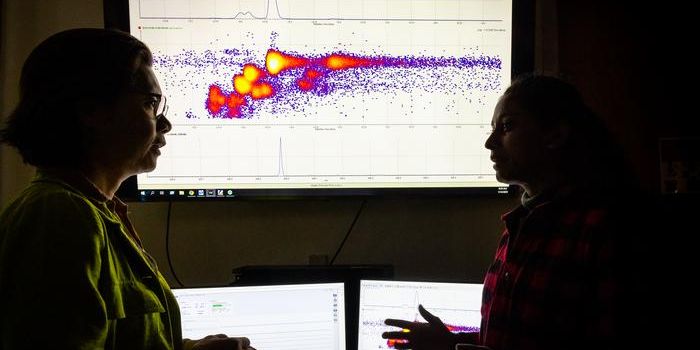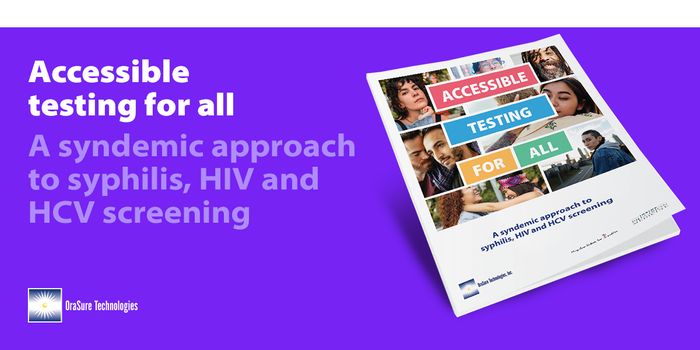Cruise Ship Travel Should Now be Deferred, Says CDC
The Centers for Disease Control and Prevention (CDC) continues to issue new guidance related to the outbreak of the SARS-CoV-2 coronavirus and the COVID-19 illness it causes. Besides recommending that older Americans stay home as much as possible, the organization is now suggesting that all travelers but especially people with underlying health problems avoid going on cruise ships.
According to a statement from the CDC, while it is unusual for them to post notices related to destinations and not modes of travel, "Recent reports of COVID-19 on cruise ships highlight the risk of infection to cruise ship passengers and crew. Like many other viruses, COVID-19 appears to spread more easily between people in close quarters aboard ships."
In the same statement, they are suggesting that anyone who has been or is going to be on a cruise should limit their interactions with others for fourteen days after returning home, and to stay at home and call for a doctor for advice and help if you feel sick before going to a clinic or emergency room. Frequent hand washing is advised for everyone, especially all travelers.
Two US politicians, Representative Paul Gosar and Senator Ted Cruz, have announced that they will self-quarantine after interacting with an individual that has tested positive for the virus at the Conservative Political Action Conference.
The Grand Princess cruise ship, which was quarantined off the coast of Japan and is now at the port of Oakland, will allow passengers to disembark on Monday. American passengers will be taken to Travis Air Force Base, Miramar Air Station, or other bases by charter plane. Though some crew members have the virus, no new cases have been detected on the ship since Thursday, but Americans that are disembarking will be tested, and no one else will come into contact with the general public.
Globally, infections have exceeded 110,000, while almost 62,000 have recovered and 3,825 have died from the illness. The vast majority of cases have still occurred in mainland China, but cases in other countries including Italy are still rising. Public events have been canceled in the northern part of Italy, and the movements of ten million residents in the area have been restricted. The move came after a surge in cases on Saturday; around 1,250 new infections were confirmed. Vatican City has now seen its first case.
The World Health Organization (WHO) has continued to say that it advises "against the application of travel or trade restrictions to countries experiencing COVID-19 outbreaks." There is no evidence that travel restrictions are effective at stopping the spread of the virus, and such measures "may divert resources from other interventions. Furthermore, restrictions may interrupt needed aid and technical support, may disrupt businesses, and may have negative social and economic effects on the affected countries."
WHO reminds people to prevent the spread of infection and to stay home if you are sick, stay away from sick people, cough into a tissue and throw it away or cough into your elbow, wash your hands with soap and water for at least twenty seconds, and do so frequently.









